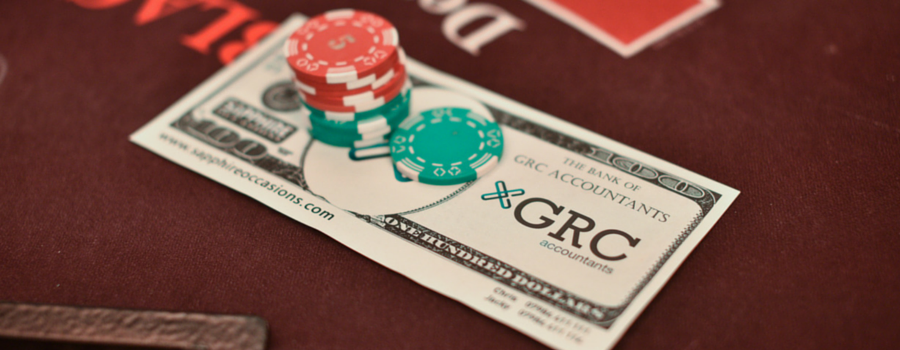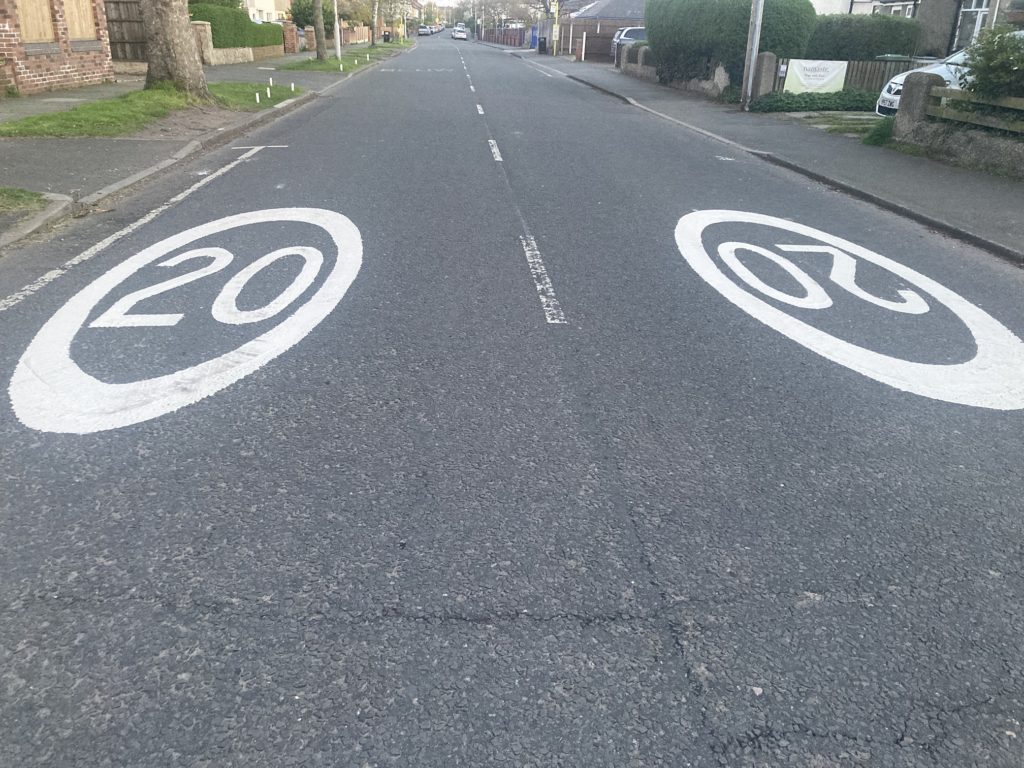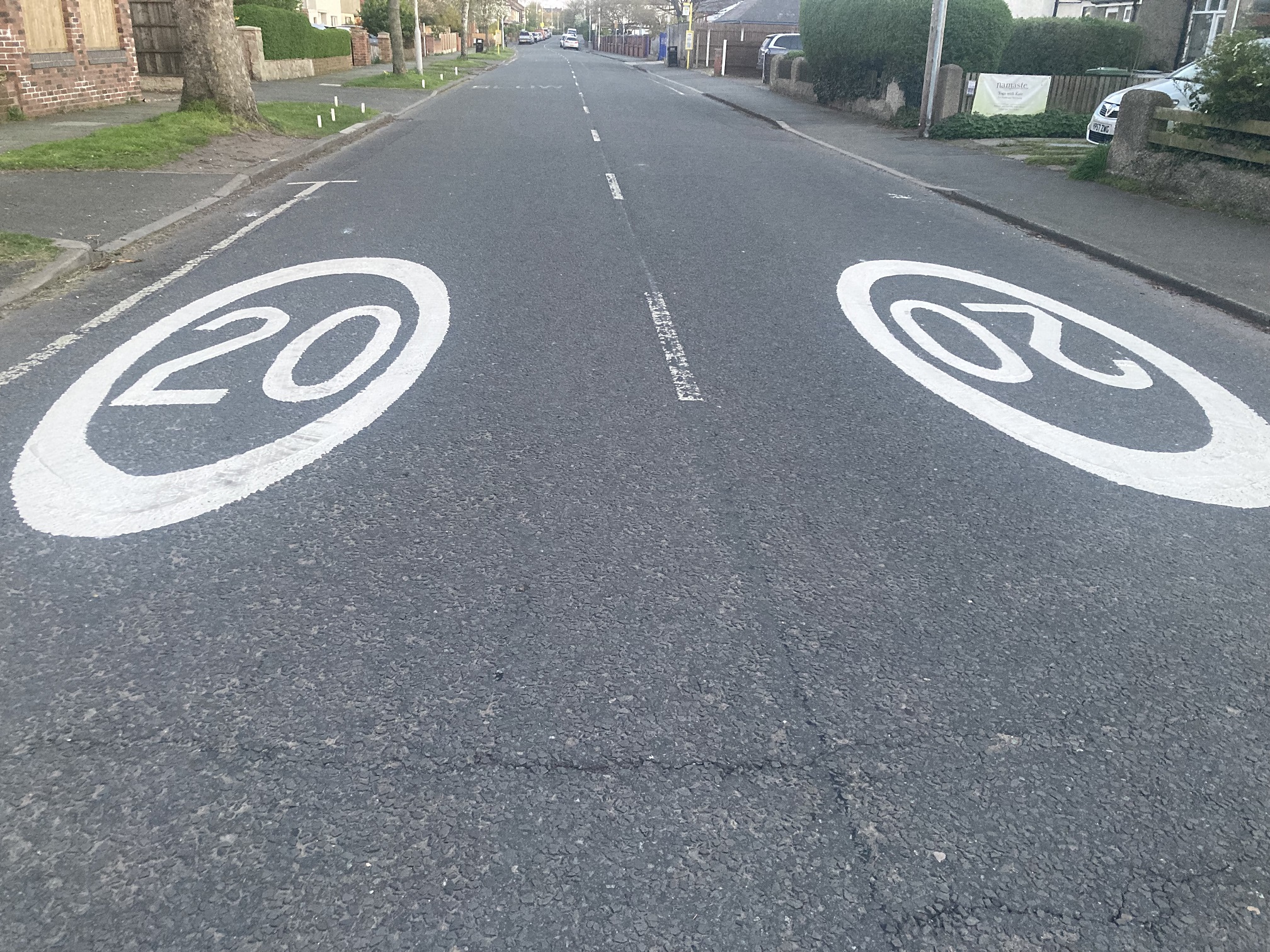We are always told we need to save more for our retirement, but with rising living costs and Brexit on the horizon, how much should we be saving to ensure we are comfortable in our later years?
So to earn a pension of at least £20,000 per annum, how much should you put away each month?
The figures are a little scary as even at the age of 25, you would need to save several hundreds of pounds each month in order to reach that £20,000 target. If you qualify for a full state pension – and initially you may not – the government currently provides you with just over £8,000 a year. This means you will need to find at least £12,000 of income from a personal pension.

For anyone on an average salary of £26,364, getting such a pension sounds like a difficult task.
For example, someone who starts saving at the age of 25 would need to put away £246
each month, then after 20% tax relief, that sum would be worth £307.
Recent figures show that an average earner who starts saving at 25 need only contribute 14% of their salary to hit the £20,000 target, but those that leave it to the age of 35 will need to
contribute 23% of their salary each month. And by leaving it until 45, if you haven’t started a pension plan, you will need to pay in almost half of your earnings to achieve a comfortable retirement.
However, the figures show that there is an alternative option for those who haven’t started saving by the age of 45. If you are willing to delay taking your income for five years beyond your current state pension age, you can reduce their contributions to £418 a month, or 28% of your earnings. But that may mean you are still working at the age of 72, what would you prefer?
If you’re concerned about your future finances talk to us about the best way to make the most of your earnings.

































